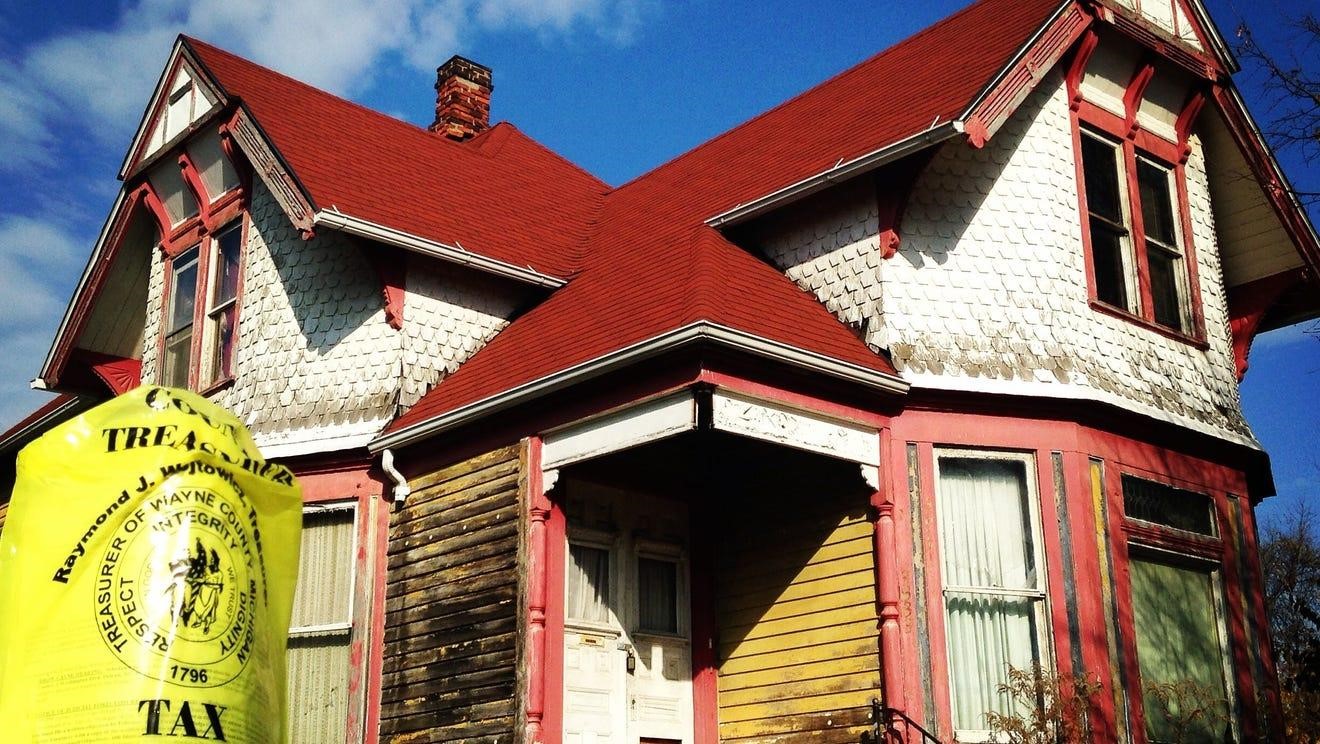When a friend of Mark Betancourt’s moved to Detroit and posted on Facebook about tax foreclosure in the city, Betancourt searched the internet to learn what it meant. The freelance reporter, based in Washington, D.C., had never heard of it before and didn’t know that the government could seize people’s property if they didn’t pay taxes.
Betancourt dug further and learned that homes in Detroit had been over-assessed for years after the recession, leading to erroneously high tax bills that homeowners couldn’t pay. As a result, thousands of mostly Black residents lost their homes. Betancourt wrote about the issue for Vice News, but he wanted to cover the story in local media, too.
He approached Detroit News investigative reporter Christine MacDonald, who had covered the issue for years, and together they developed a plan to quantify the extent of the problem for the first time. Betancourt secured a grant from the Fund for Investigative Journalism to cover his costs and time to work on the story as a freelancer.
The pair’s reporting found that homeowners in Detroit had been over-taxed by at least $600 million over a seven-year period and that thousands of people had lost their homes because of the crushing debt they carried as a result. Moreover, a program the city created to help homeowners alleviate debt and avoid foreclosure was actually allowing homeowners to fall further into debt and at greater risk of losing their homes.
Betancourt and MacDonald’s report sparked advocacy from community groups, residents and think tanks and led the city to look into solutions in a way it didn’t previously. And within months, Michigan’s Legislature passed a bill to eliminate much of the tax debt for thousands of low-income homeowners, and Gov. Gretchen Whitmer signed it into law this year. In the first three months after the law took effect, an estimated 4,600 at-risk Detroit homeowners were able to keep their homes. In all, as many as 30,000 are expected to benefit from the plan.




